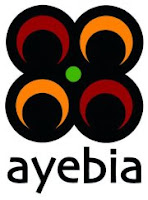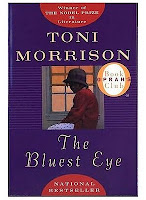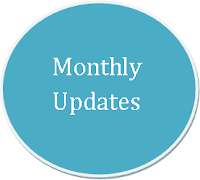July in Review, Projections for August

July was as good as June was and I read all the books I proposed to read. Four books were completed and I'm on the fifth. Including the current read, Northanger Abbey by Jane Austen, I read a total of 1,291 pages with an average of 42 pages per day. The following books were read: The Book Thief by Zusak Markus . This book can scarcely be described as a Young Adult book though the protagonist is a young girl. The book was narrated by Death and was written in a very novel way that imitates no one. If you should read one fiction, perhaps it should be this one. Diplomatic Pounds and Other Stories by Ama Ata Aidoo . Forget my dilemma, but if you should read only one anthology this year, read this. In this collection of twelve (12) short stories, Ama Ata Aidoo entrenches herself as a foremost writer in Africa and beyond. Her sense of style, voice and subject was superior. This story has been reviewed for a magazine. Cut off My Tongue by Sitawa Namwalie. I...









